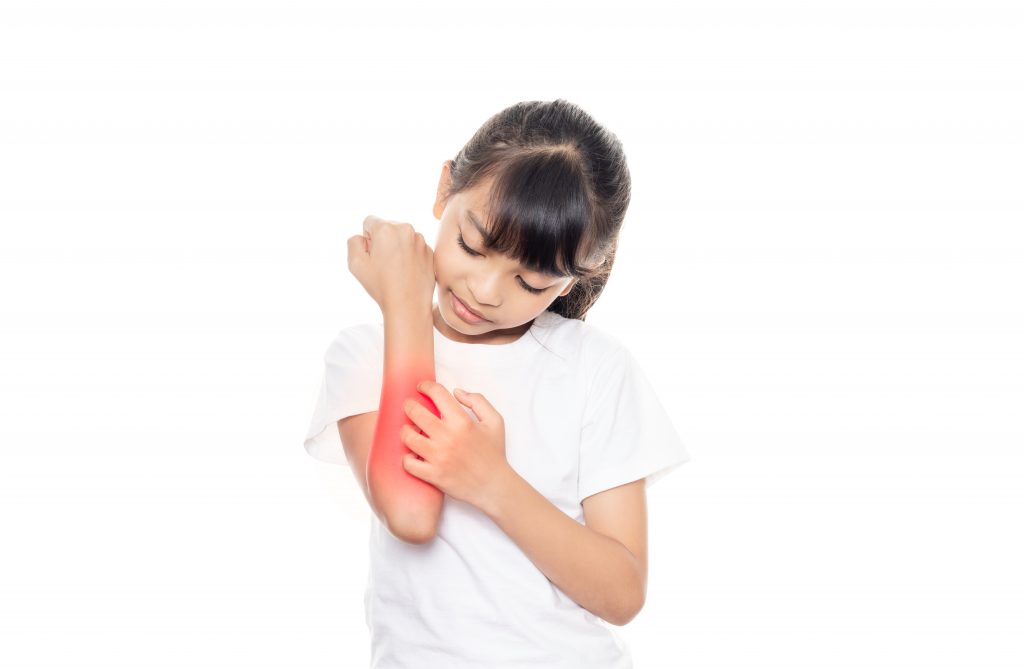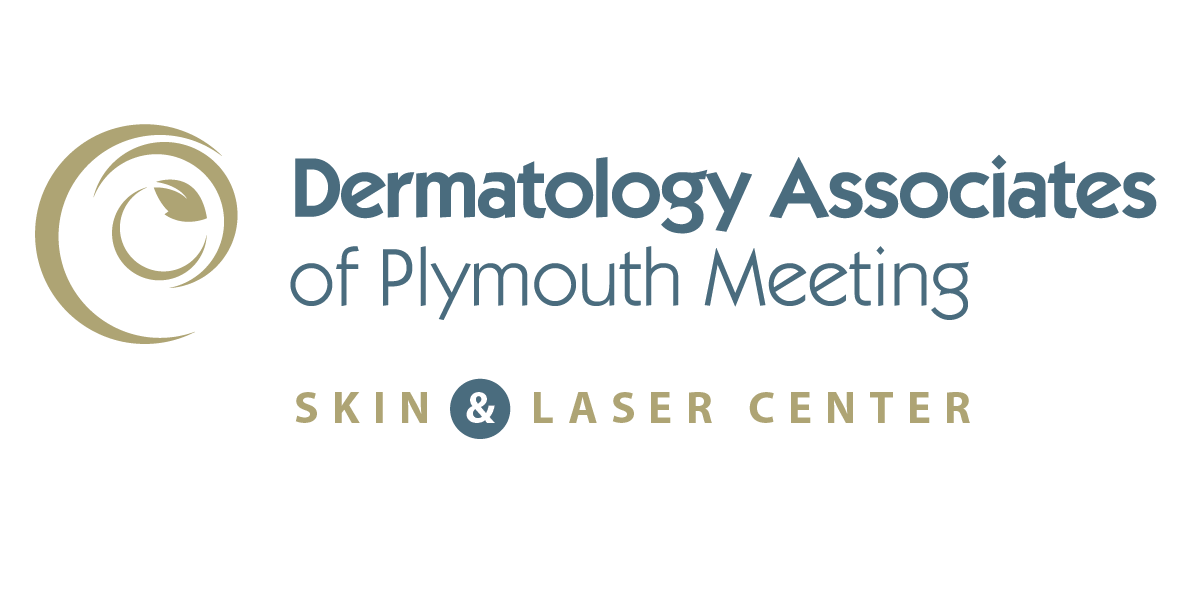How To Treat Poison Ivy Rash

According to the American Skin Association, poison ivy rash is the most common allergic reaction in the United States, with as many as 50 million people affected each year. The good news? By knowing what poison ivy (and other poisonous plants) look like, it can be avoided. And if you or a loved one is already suffering from a reaction to poison ivy, our team here at Dermatology Associates of Plymouth Meeting is here to help.
What is Poison Ivy Rash?
Specifically, poison ivy rash refers to an allergic skin reaction that occurs in those who are exposed to the oils that secrete from a poison ivy plant. It is estimated that 85% of the American population is allergic to this plant, with 10-15% being extremely allergic.
Poison ivy isn’t the only plant that can cause an allergic skin reaction to break out. Other plants that can cause allergic contact dermatitis include:
- poison sumac
- poison oak
A poison ivy rash occurs when a person comes into contact with the oils produced by a poison ivy plant. This substance is known as urushiol and is a sticky sap that is colorless and odorless. After exposure, the affected area can break out into a severe rash that is extremely itchy. Oftentimes, the rash will be bright red and may even develop blisters.
How Children Come in Contact With Poison Ivy
Unfortunately, children often come into contact with poison ivy and don’t even know it. This can occur while playing outside, especially during the summer when more skin may be exposed. However, you don’t even need to come into direct contact with the plant to suffer an allergic reaction, as urushiol can be spread through indirect contact. For example, a child may pet a dog who ran through a patch of poison ivy outside, thus transferring the oils to the child and causing the allergic reaction.
How Long Does Poison Ivy Last?
Many factors can affect how long a poison ivy rash will last, but most cases of the allergic reaction will subside within one to three weeks.
Schedule an appointment for relief from poison ivy!
Is Poison Ivy Contagious?
Poison ivy and other poison plant rashes can’t be spread directly from one person to another. However, it can be possible to pick up the rash from plant oil that may have stuck to a person’s clothing, pets, gardening tools or other items.
How to Prevent Poison Ivy Rash
The best way to prevent poison ivy rash is to avoid contact with the poison ivy plant and other poisonous plants. You can identify poison ivy by remembering the phrase, “leaves of three, let it be.” This refers to the fact that poison ivy plants have leaves that grow in compound groups of three. The middle of the three leaves typically grows on a longer stem—and leaves usually have jagged edges.
If you or somebody in your family comes into contact with poison ivy, it’s important that they wash the affected area thoroughly with soap and water as soon as possible. Any clothes or other items that may have come into contact with the plant should also be washed (and handled with care in the meantime).
At-Home Treatments For Poison Ivy
There are some things you can do at home to find relief from poison ivy rash. Anti-itch creams, such as those with calamine lotion and hydrocortisone, can reduce itching and inflammation. Colloidal oatmeal baths and antihistamines may also be recommended to reduce severity of symptoms until the rash subsides.
Dermatological Treatments For Poison Ivy Rash
While most cases of poison ivy rash will resolve on their own within a couple of weeks, you may want to schedule an appointment with a dermatologist if symptoms are severe or if the rash does not appear to be improving within a week. Additional treatments may be available to help patients find relief, including steroid pills and injections.
Pediatric Care for Poison Ivy Rash
If your child is suffering from poison ivy rash or another unexplained rash, our team at Dermatology Associates of Plymouth Meeting is here to help. We frequently diagnose and treat children’s skin rashes and would be happy to schedule an appointment. In the meantime, parents and guardians can reduce the risk of infection and other complications by encouraging children to avoid scratching the skin.
Dealing with poison ivy rash can be a hassle, but our team at Dermatology Associates of Plymouth Meeting can help. Get started by scheduling your appointment at (610) 947-4322 today.
